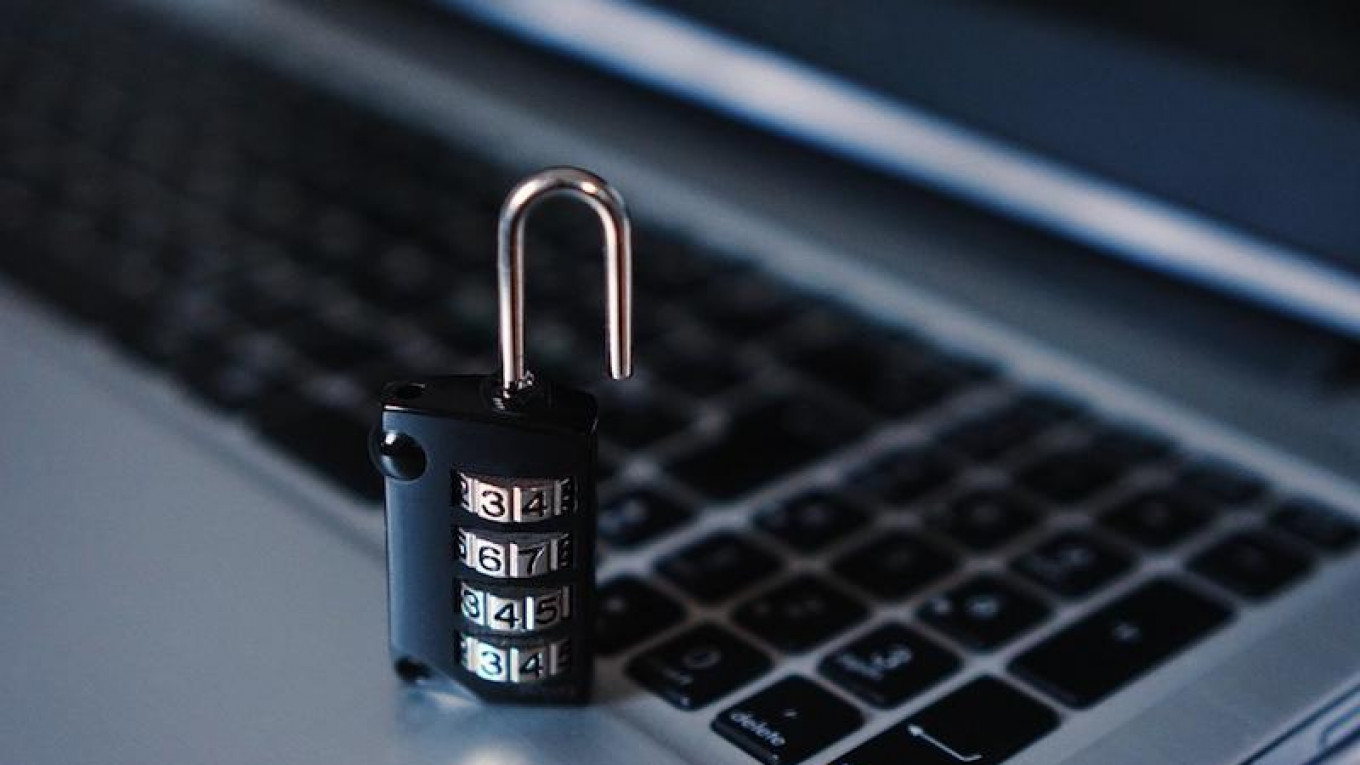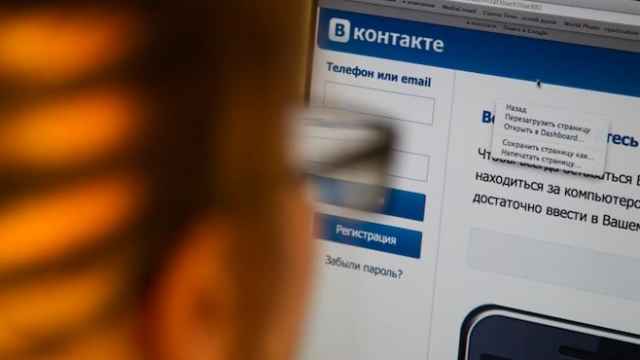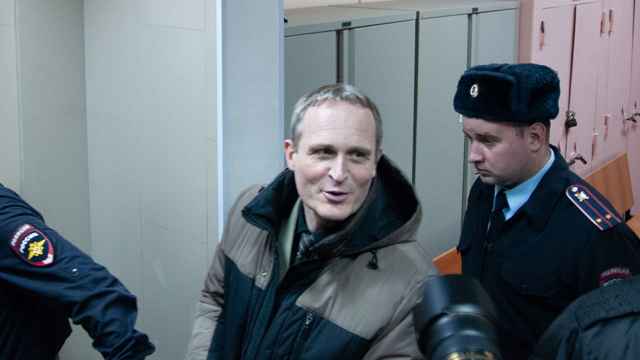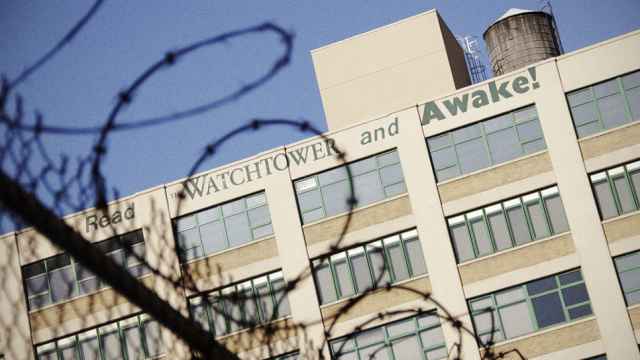Russia's Supreme Court has issued a statement to clarify the topic of Internet extremism, the Russian Legal Information Agency (RAPSI) reported Thursday.
Judges have been instructed to examine all circumstances of such cases in greater detail, particularly in cases that involve the sharing of allegedly extremist material on social media.
The Supreme Court recommended that in such cases, the court should "take into account the context, form, and content of the information available, and the presence of any commentary or expressions related to it."
In the past two years, several Russian citizens have been sentenced for sharing "extremist" material on social networks. In May, Tver resident Andrei Bubeyev was sentenced to two years and three months in prison for sharing material about Crimea. The court claimed the material was extremist and that it called for the violation of Russia's territorial integrity.
Last year a resident of Krasnodar was sentenced to two years in a penal colony for publishing material online that the court alleged supported "separatism."
A Message from The Moscow Times:
Dear readers,
We are facing unprecedented challenges. Russia's Prosecutor General's Office has designated The Moscow Times as an "undesirable" organization, criminalizing our work and putting our staff at risk of prosecution. This follows our earlier unjust labeling as a "foreign agent."
These actions are direct attempts to silence independent journalism in Russia. The authorities claim our work "discredits the decisions of the Russian leadership." We see things differently: we strive to provide accurate, unbiased reporting on Russia.
We, the journalists of The Moscow Times, refuse to be silenced. But to continue our work, we need your help.
Your support, no matter how small, makes a world of difference. If you can, please support us monthly starting from just $2. It's quick to set up, and every contribution makes a significant impact.
By supporting The Moscow Times, you're defending open, independent journalism in the face of repression. Thank you for standing with us.
Remind me later.






